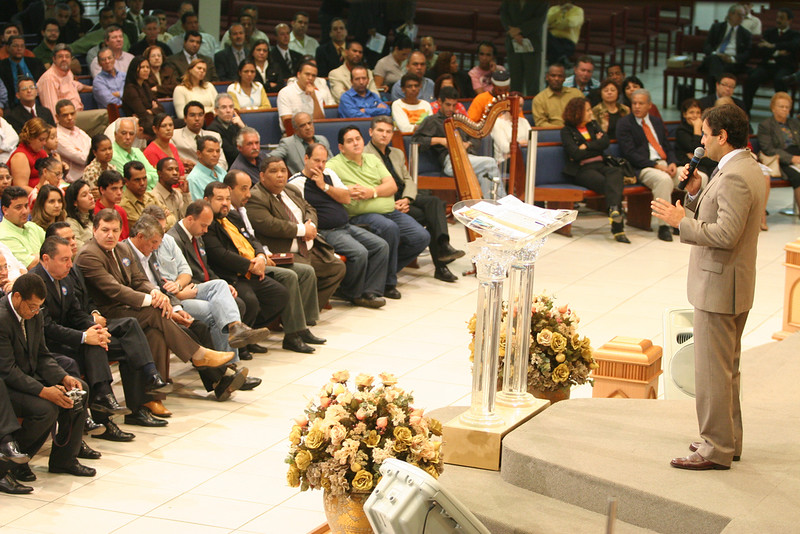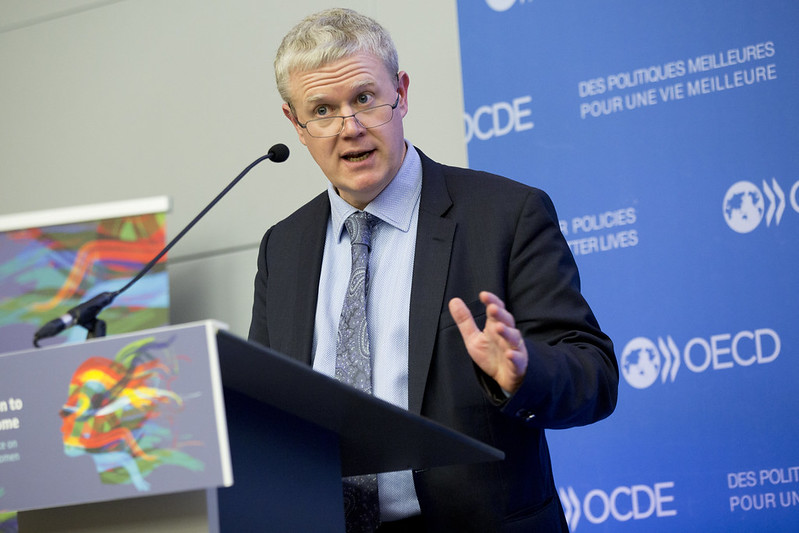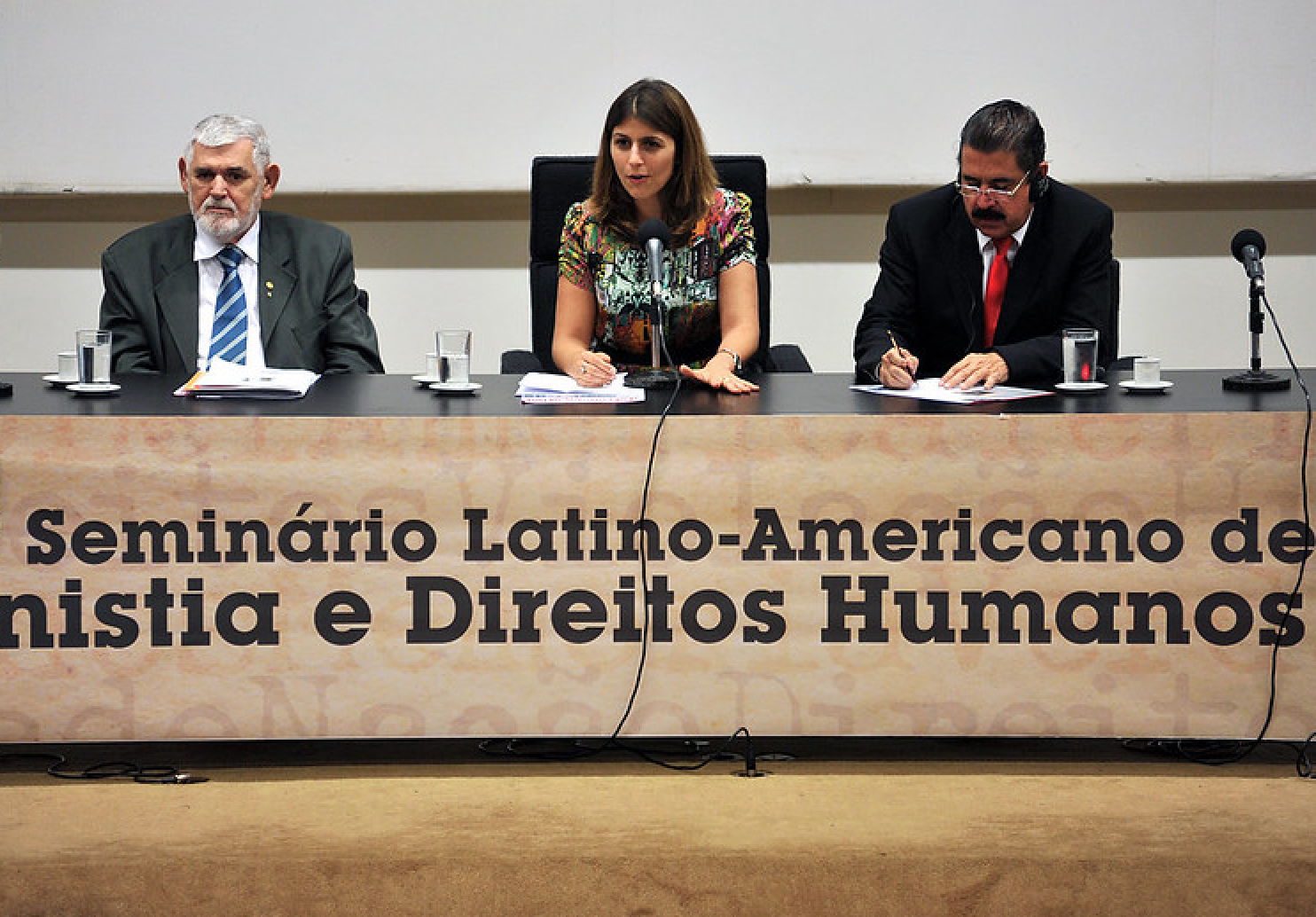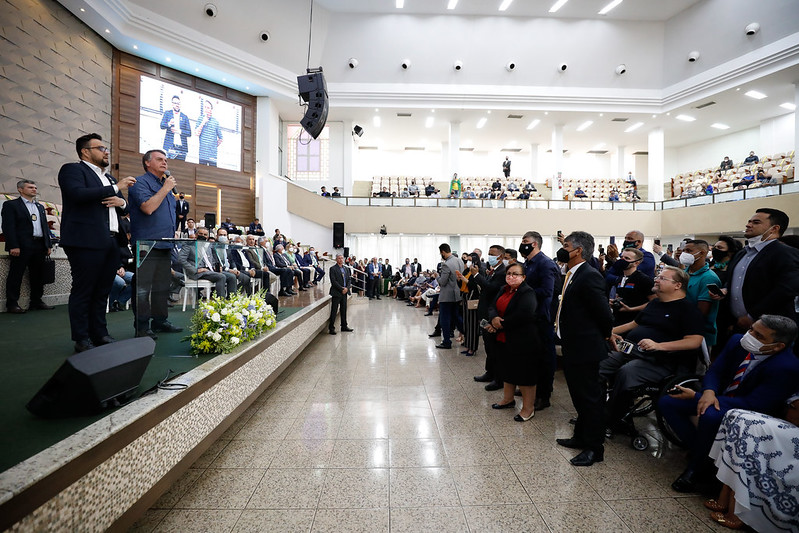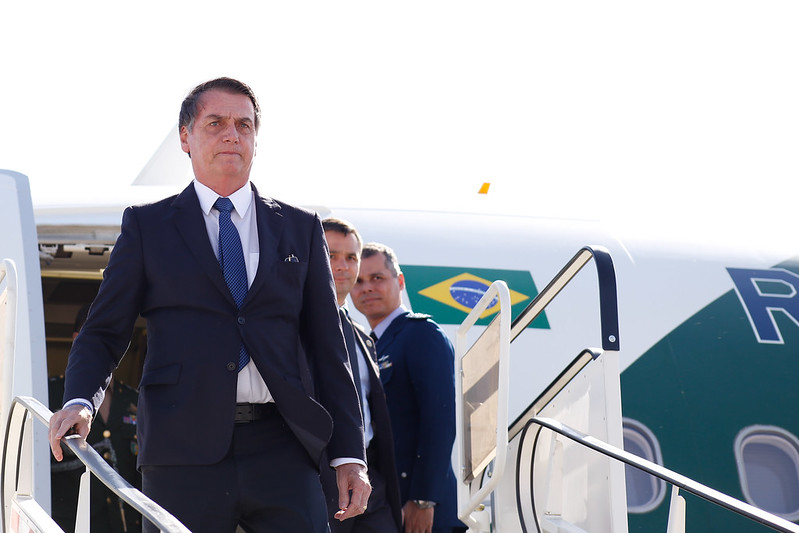Imakay Research Hub
Artigo

The housing movement in the 2022 elections in Brazil
28/10/2022
Diego Matheus de Menezes, PhD candidate in Social Sciences (UFBA)
Elections mobilize numerous political actors. In Brazil, the history of interaction between social movements and the State reinforces the importance of elections for the various sectors that make up civil society. In particular, since the process of redemocratisation, the housing movement has managed to influence the state agenda by inserting issues of urban reform and the right to the city.
Despite the long history of public demands for decent housing in Brazil, the consolidation of the movement occurred only in the 1970s with the rise of housing organizations and the consolidation of a broad arrangement that connected numerous types of collectives, experiences and associations. In recent decades, a vast number of national entities have emerged in defence of decent housing, such as the Homeless Workers’ Movement, the National Union for Social Housing, the Movement for Struggles in Neighbourhoods, Vilas and Favelas, and the National Confederation of Residents’ Associations, among others.
The dialogue between neighborhood associations, sectors of academia, collectives, grassroots movements, self-managed groups, groups from the Catholic Church and other individual and collective actors has enabled the formation of a complex and heterogeneous articulation. The literature defines the housing movement as a network that agglutinates several experiences of urban confrontation.
One of the important milestones in the formation of this network was the construction of a platform for urban reform in 1987 with the creation of the National Forum for Urban Reform (FNRU). This process combined the demand for decent housing with the dispute for another model of city management and consolidated one of the main milestones of the movement: the fight for the right to the city.
The notion of the right to the city applied here is a re-reading of Lefebvre’s concept and associates the urban resistance practices present in Brazilian reality with a perspective of reversing the exchange value for the use value of cities. Therefore, it relates decent housing to the reorganization of the production of urban space and encourages the proposition of a broad and cross-cutting political project.
The combination of various strategies such as the occupation of idle properties, protests, and institutional pressure, among others, contributed to relevant achievements such as the creation of the Ministry of Cities, the National Council of Cities and the normative and management instruments and social participation that gave rise to the City Statute.
However, the achievements of the articulation for urban reform were reversed in 2019 with the government of Jair Bolsonaro. The Ministry of Cities ceased to exist as a single ministry and had its structure linked to the Ministry of Regional Development. In addition, the National Council of Cities was extinguished by Decree 9759 in 2019, eliminating one of the most important channels of dialogue with the State.
Given the smaller space of the entities in the formulation and implementation of the program of access to housing, the transformations in the housing policy with the replacement of the Minha Casa Minha Vida program by the Casa Verde e Amarela program also imposed challenges to the movement’s actions. This situation is aggravated by the 95% cut in the budget for the Casa Verde e Amarela program in the budget proposal for 2023.
The influx in the dialogue with the federal government makes the 2022 election an important moment of reorganization. The challenge of the current conjuncture imposes on the movement the need to strengthen its program. In June 2022, the People’s Conference for the Right to the City was held with the adhesion of 600 entities related to collectives, grassroots organizations, urban rights associations and academia. According to the conference data, 230 preparatory events took place over 10 months. The executive coordination of the initiative shows its diversity and capillarity by being composed of the following entities: Articulation of Brazilian Women (AMB), Brazil Cities Project (BR Cidades), Central of Popular Movements, Black Coalition for Rights, National Confederation of Residents Associations (CONAM), National Forum of Urban Reform (FNRU), Habitat for Humanity, Brazilian Institute of Urban Law (IBDU), National Movement for the Fight for Housing (MNLM), Movement of Workers for Rights (MTD), Movement of Homeless Workers (MTST), and National Union for Popular Housing (UNMP).
Aiming to guide the organizations’ actions in the 2022 elections, the conference enabled the construction of a collective program. The Platform of Struggles for the Right to the City has 16 axes and links the struggle for decent housing to the agendas of expanding political participation, combating oppression of race, gender and sexual orientation, the environment, urban planning, and education, among others. In this sense, by building a guideline that systematizes the various themes of urban reform and the right to the city, the conference prepared its network to act in the political campaign and expand its radius of influence.
Despite being a shared project, the various organizations chose to act in a decentralized manner, employing different strategies. One of the most notable was the launching of letters of commitment in order to increase the engagement of candidates with the platform’s proposals.
Noteworthy is the Zero Eviction Campaign that launched a letter of commitment where participating candidates committed to fighting forced removals. According to the Observatory of Removals only in the metropolitan region of São Paulo, between January 2017 and December 2021, 37278 families were removed and 223757 are threatened with removal. The initiative that aims to elect a bench in favor of preventing the advance of forced removals in Brazil has achieved the adhesion of 78 candidates for federal deputy and 98 candidates for state deputy.
Another relevant initiative was that of the Brazilian Council of Architecture and Urbanism – CAU/BR, which launched the manifesto “O Brasil precisa de Mais Arquitetura e Urbanismo” in the format of an open letter to the candidates for the 2022 elections. With the purpose of making the candidates aware of the importance of defense of decent housing, the right to the city and integrated urban planning, the manifesto was supported by CAU/BR, the Institute of Architects of Brazil (IAB), the National Federation of Architects and Urbanists (FNA), the Brazilian Association for the Teaching of Architecture and Urbanism (ABEA), the Brazilian Association of Architecture Offices (AsBEA), the Brazilian Association of Landscape Architects (ABAP) and the National Federation of Architecture and Urbanism Students (FeNEA).
Many collectives have also promoted communication campaigns to support candidates allied to the right to the city. For example, the Pólis Institute, a civil society organization defending the right to the city, launched Vote Fair Cities in order to associate the fight for urban justice with the importance of electing black, indigenous and transgender women.
In addition to raising voter awareness of the importance of urban reform and the right to the city, several actors of the housing movement participated directly in the elections. In a decentralized manner, many entities and leaders supported candidates and promoted campaigns aimed at committing to the agendas present in the Platform of Struggles for the Right to the City.
It should be noted that one of the presidential candidates, Léo Péricles from the left-wing party Unidade Popular pelo Socialismo (UP), is a member of the Movimento de Luta nos Bairros, Vilas e Favelas (MLB). Despite not having achieved a significant vote, UP is a young party (founded in 2016) with significant MLB participation.
Presidential candidate Luiz Inácio Lula da Silva (PT) offers in his election program a specific guideline on the right to the city, denoting a certain permeability of sectors of the housing movement in the PT campaign. The project commits to the resumption of policies to guarantee the right to the city, to combat territorial inequalities and to a broad urban reform.
In the legislative branch, an important achievement was made by the Homeless Workers’ Movement (MTST), which launched five candidates and elected two of them. Claudia Ávila (PSOL) ran for federal deputy in Rio Grande do Sul, Léo Suricate (PSOL) for state deputy in Ceará, and Jô Cavalcante (PSOL) for state deputy in Pernambuco but none of them reached the number of votes needed for election. The movement, however, achieved significant numbers in São Paulo. Guilherme Boulos (PSOL), a national coordinator of the MTST, received with 1,001,453 the most votes of all federal deputies in the city of São Paulo and Ediane Maria (PSOL), a coordinator of the MTST in São Paulo, was elected state deputy with 171,617 votes.
Finally, it is not yet possible to assess the extent of the housing movement’s impact on the 2022 elections. However, the diverse forms of mobilisation connected to a common platform, as well as the achievement of the elected activists strengthen the possibilities of revitalising urban reform and the right to the city in the state agenda.


